
Irving Kolodin in the Saturday Review:
it is one of the distinctions of “Adriana” that you can miss the first act and still hear its arias in Act II, as she sings what he sang and then they sing it together. The threads of the plot may be harder to grasp this way, but they are mostly unimportant anyway. What is important is that Adriana wears four different costumes, is admired by her fellow mummers as “Magnifica,” “splendida,” “portentosa” (all are in the text), has the opportunity to recite lines from two plays of Racine (as the historical Adrienne did at the Comédie Française in the early 1700s), is able to live extravagantly and die glamorously from a poisoned flower dispatched by her rival in love. Unlike those whose works he admired, Cilea cannot stiffen the musical mix with dramatic substance when an issue is joined. It remains all icing and no cake.
Tebaldi had invested much time in slimming her figure by more than twenty pounds, and she carried herself handsomely in the flowing costumes designed by “Casa Firenze.” But vocal constriction now sets in at about A, which was formerly a bell she rang with consistent clarity. Only the middle had the lovely sound of old. Dramatically, Tebaldi played the part of the sawdust puppet with all the endearing belief in its reality that animates a child fondling a doll. However, in choosing a vehicle for herself, she should not have elected one in which the reins may fall into alien hands. Often enough the one in the driver’s seat was not Tebaldi, but Franco Corelli, whose figure is even more spectacular than hers, whose costumes as Maurizio were worthy of a doorman at the Ritz (or the Russian Bear), and who sang the music with a ringing brilliance that was even shaded now and then to just a “forte.” The role of the Princess also provides some scene-stealing moments, but not as impersonated by Irene Dalis, who used her substantial voice to good musical ends, but without theatrical magnetism.
Birthday anniversaries of composer and singing teacher Manuel García (1775), librettist Joseph Méry (1797), composer Henri Duparc (1848) and contralto Hilde Rössl-Majdan (1921)
Happy birthday to soprano Cecilia Violetta Lopez.
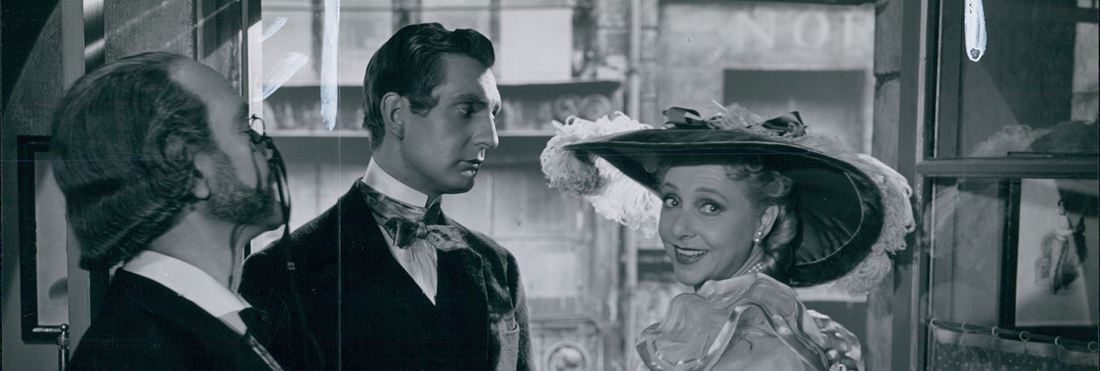
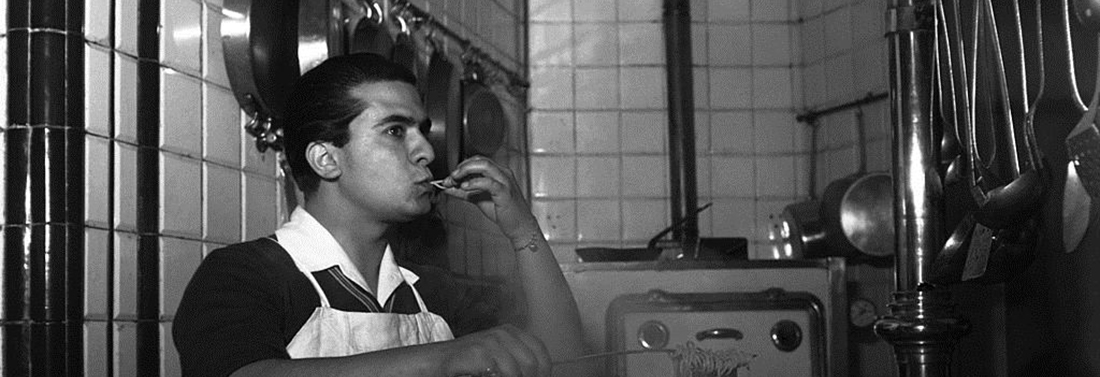

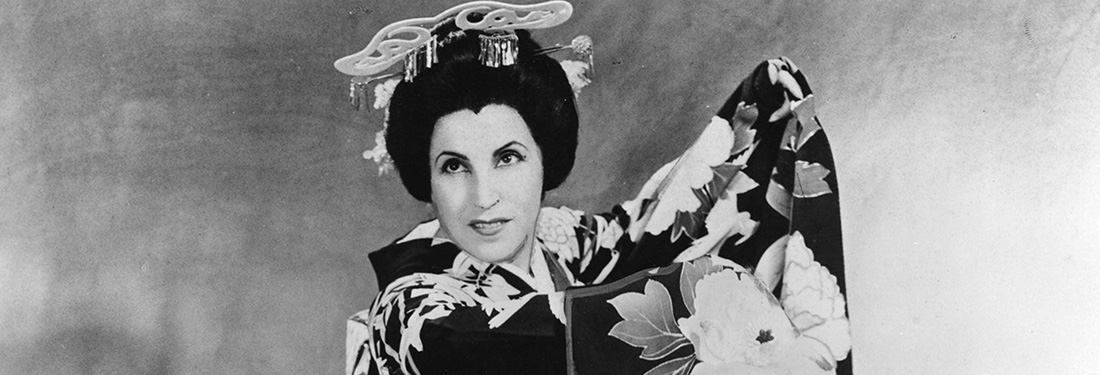
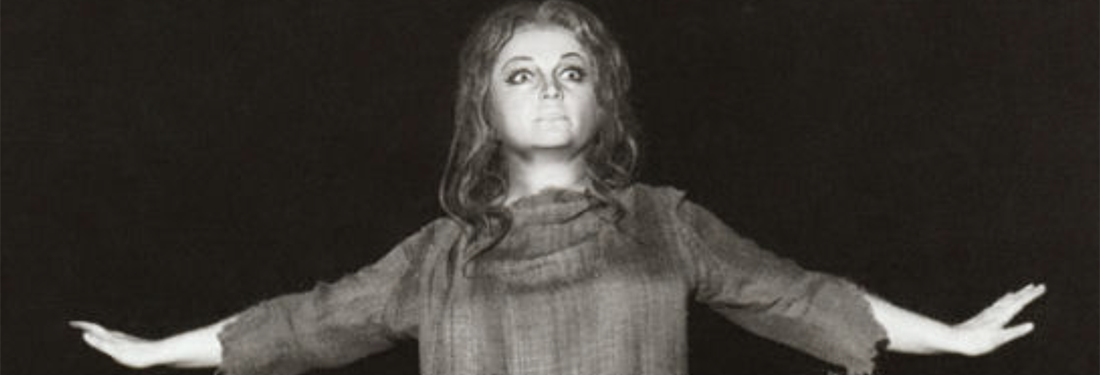
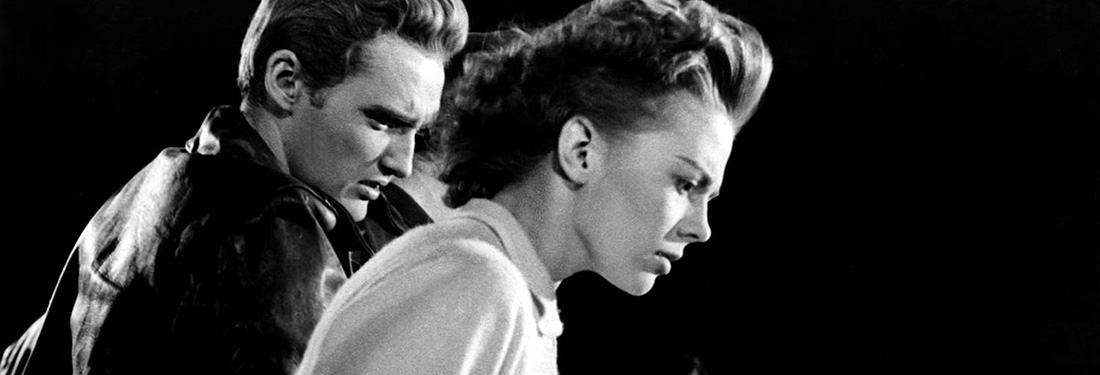
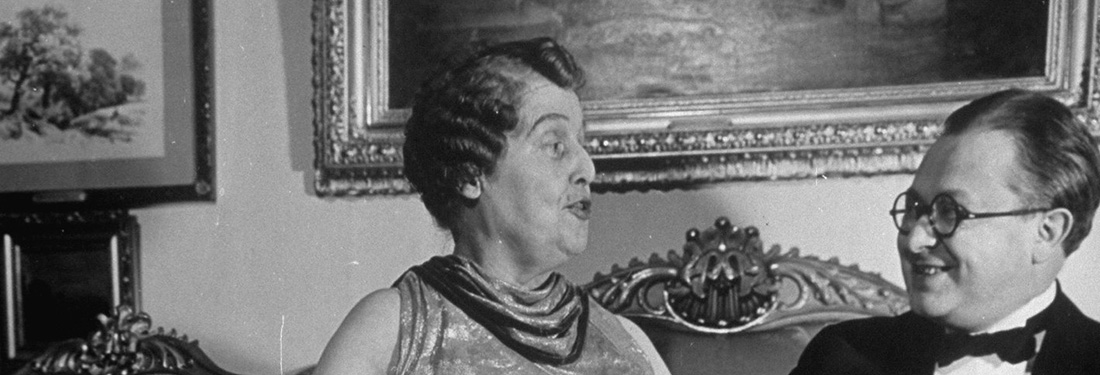

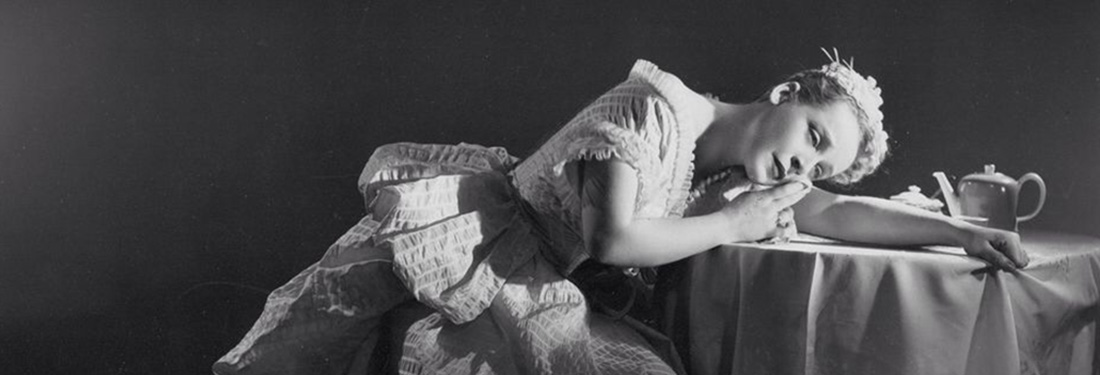
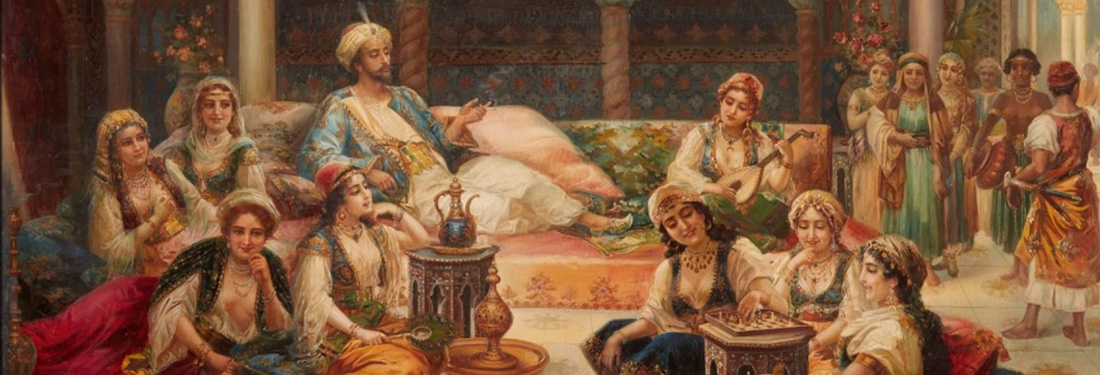

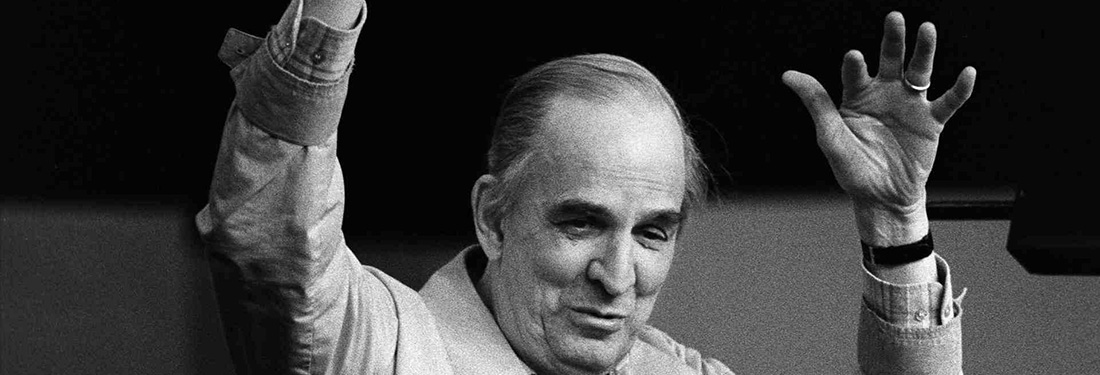













Comments